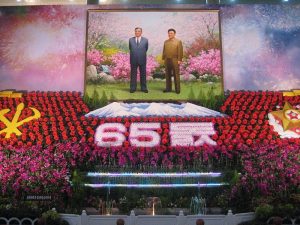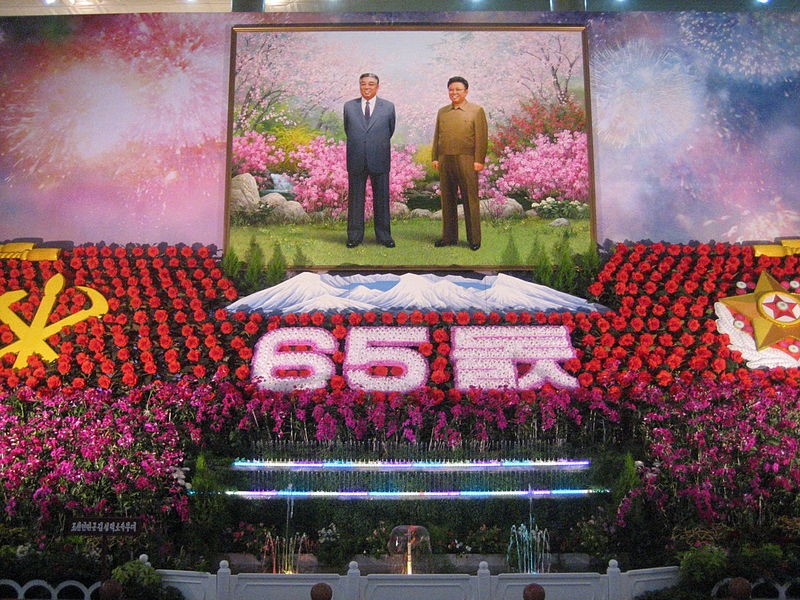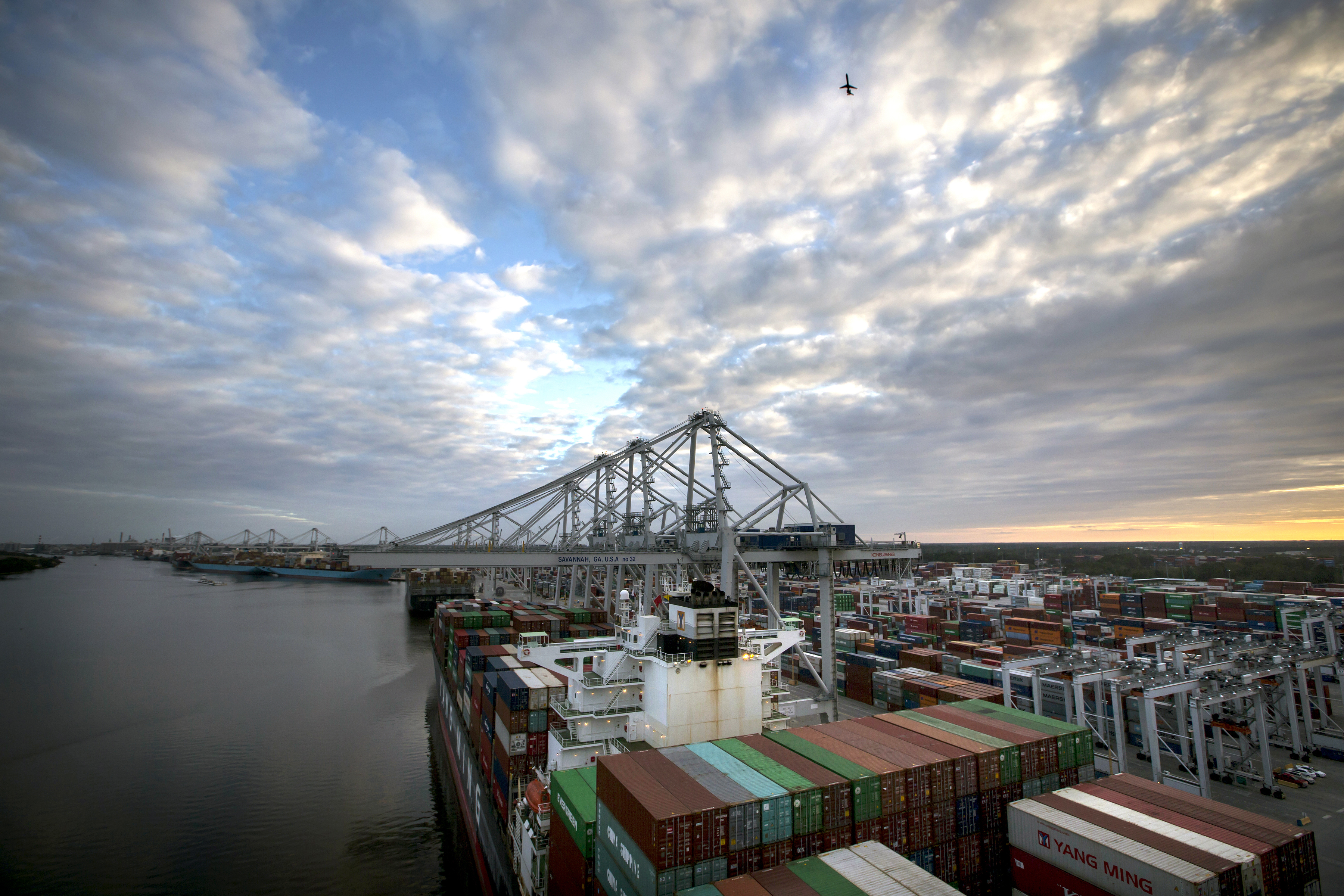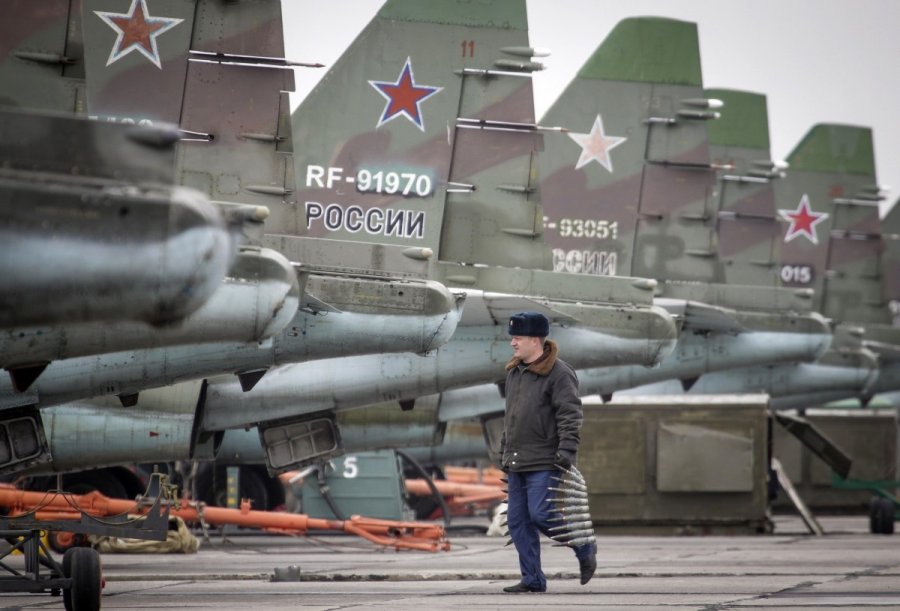By: Michael Ingram

When you think of North Korea, what comes to mind? Probably some version of the following: insane, backwards, evil, failed, irrational, or a variation on the last bastion of communist, cult of personality totalitarianism. Regardless of your choice, North Korea is almost exclusively described through pejoratives. Yet it’s possible to paint a picture of the Hermit Kingdom that isn’t dysfunctional, but a model case of everything going according to plan. Contrary to popular belief, there is a method to the literal madness. And the harsh truth may very well be that North Korea is one of the most stable pieces in the East Asian puzzle.
North Korea is an unlikely “success” story. The implosion of the Soviet Union caused nearly all of North Korean trade to cease and the river of vital Russian aid soon dried up. North Korea was left without an economy, and North Korean agriculture was unable to cope with the catastrophic shock. Couple the tricky ascension of Kim Jong-il to Supreme Leader after his father Kim Il-sung’s death, with a periodic famine throughout the 1990s that killed around 2.5 million citizens, and North Korea had seemingly placed itself on the proverbial chopping block. More disastrous economic reform followed, capped off by the unexpected transition to the rule of Kim Jong-un. For the last 20 years, North Korea has been an obvious choice for regime change. But on the eve of 2014, the Kim dynasty not only remains intact, but resurgent. One only needs to look to American news to see that the North Korea’s perennial modus operandi of badgering the international community is alive and well.
The obvious question is how does North Korea persist where bigger and better states have tried and failed? The answer is that North Korea has perfected their system. Perfection in this case does not signify a respectable governmental foundation deserving of replication, but rather that the current regime, through manipulation of the rest of the world, selective placation, institutional redundancy, and a deadly stick with no carrot, has created an environment where regime change is virtually impossible. In fact, they have fostered a political atmosphere so oppressive and essential to the North Korean people that citizens would rather die of starvation than revolt.
First off, North Korea is fortunate in its strategic proximity to Russia and China. While Russia’s devotion is a shadow of what it was in Soviet times, China has been and remains to be its staunchest ally. North Korea played a significant role in the Chinese Civil War [Ma1], as thousands of troops rushed to keep the communist campaign alive. This indebted China to the North, and China’s entry into the Korean War reinvigorated the beleaguered communists as America pushed them against the Yalu River. China played a large role in the North’s survival, and their role of a buffer against the American backed South currently drives China’s continuing support. True to form, China and Russia have always been there to keep North Korea kicking.
The patronage of China and Russia is fairly plain to see. But North Korea also consistently shirks their desires, and their assistance is part of greater scheme of working foreign governments. North Korea has an internationally renowned bark, and one of the regime’s most powerful tools can be described as “blackmail diplomacy.” Even people who do not actively follow international relations recognize that North Korea is locked in a never ending struggle to present itself to the outside world as a viable threat. While this is partially an avenue to maintaining the illusion on the domestic front that the North is a military power first and foremost, it just so happens to be an extremely profitable venture.
The North’s nuclear program could be an existential threat to many in the region, but it doubles as a go-to revenue stream. Any sign of economic trouble can quickly be negated by aggressive posturing towards the South and the United States, and the traditional responses are either sanctions or bribes. Sanctions work by further deteriorating an economy on life-support, but China is wary of instability in its neighbor and generally picks up the slack. While sanctions are often undermined, the United States and South Korea have found a better short-term solution in paying the North to retract its claws. What results is the North agreeing to millions in concessions such as aid, technology, or hard cash then reneging on the conditions, getting their way and an infusion of resources at the same time.
North Korea uses blackmail diplomacy effectively in the international arena, but it by no means their sole method for procuring income. The United Nations Security council recognizes that the Korean Mining Development Trading Corporation serves as a front for both conventional arms dealing and a conduit for the transference of ballistic missile technology – a lucrative, in demand, and dangerous enterprise. Also, according the CIA World Fact Book, the North also gets its hands dirty in trafficking narcotics such as heroin and methamphetamine. In an economy essentially divorced from the world, these illegal sidelines are easy pickings for a regime short on capital.
Despite the otherwise crippling sanctions, dangerous cargo finds its way out of the North, but surprisingly, luxury items also easily find their way in. It is no coincidence there is such a proliferation of luxury goods such as premium alcohol, super cars, and cutting edge entertainment technology, but rather these material goods are a crucial element in the regime’s control. In a society as politically monopolized as North Korea, there is only a small portion of the population that needs to be economically placated.
Selectorate theory is the ideal mechanism for explaining the forces at hand. In this theory, there is a group known as the selectorate who have influence in choosing leadership. In North Korea, only high level politicians, military commanders, and Kim dynasty lackeys have any input. These individuals’ support is essential to maintaining the current regime, and as the winning coalition, the regime uses private goods, such as luxury items, to continually acquiesce them (even if the nightlife is pretty miserable). In an autocracy like North Korea, it is much easier to keep power through feeding a small group of influential individuals a steady diet of otherwise inconceivably expensive products than to extend public goods to the entire population who then support the regime out its capacity to effectively govern.
North Korea reserves its carrot for only the most essential of its political and military personnel. For the average citizen, there is only a brutal stick. Use of force is instrumental in preserving the Kims. While North Koreans are force fed propaganda for the entirety of their existence about the God-like status of their supreme leaders and the impurity and voracity of the outside world, at the end of the day, the regime’s greatest line of defense is a gun in the face and a boot on the throat of their own people. Speaking out is just simply too costly for isolated individuals. The North’s “guilt-by-association” system (yeon-jwa-je) ensures that three generations of extended family are culpable for one person’s political dissent, and informers are elusive and ever-present. Life in the North is hard enough as is without being subject to prison camps and summary execution.
While the nexus of the North’s power is their military, why doesn’t the military simply turn the guns on their puppet masters? This simple answer is institutional coup-proofing. Leaders are selected by loyalty, not ability. Furthermore, the majority of leaders also have some connection to the original supporters of Kim Il-sung’s insurgency against the Japanese. On the institutional level, North Korea does not have just one intelligence service and one military branch, but many which overlap in responsibility in order to keep tabs on the others. Even if one arm could cohesively revolt, there would be many others available to put them down or eviscerate them before their plan could even begin to incubate. This renders North Korea’s armed forces ineffective against outsiders (though the nuclear threat is an effective deterrent), but the Kim dynasty has been devilishly ingenious in devising a system that self-regulates through fear and suspicion.
It is easy to look at North Korea and see their leadership as irrational. Why remain an international pariah? Why tempt revolution by poking and prodding your own people with the constant threat of violence? Why continue to behave in such a brazenly reprehensible manner? The North Korean government might behave irrationally to the outside world, but in the distorted reality that is the North, these policies are the foundation that guarantees the regime’s survival. While South Korea still struggles with its relatively immature democracy, Japan is shoehorned by a deep political divide in its society, and China skates on the thin ice of potential economic bubbles, the North stands alone in its unquestionable ability to persist. The North is around today because it has mastered the ability to keep its own people down, the world on edge, and its allies and enemies alike opening their wallets to keep the sinking ship afloat. One might reject everything the North stands for, but it is hard to argue that the Kim government is irrational. It knows what it is doing, and it does what it does simply because it works. East Asia might be more tumultuous than ever, but North Korea’s rational control of the forces around it means that barring unseen circumstances, the Kims will continue to endure in their cloistered shell while the world changes around them.


